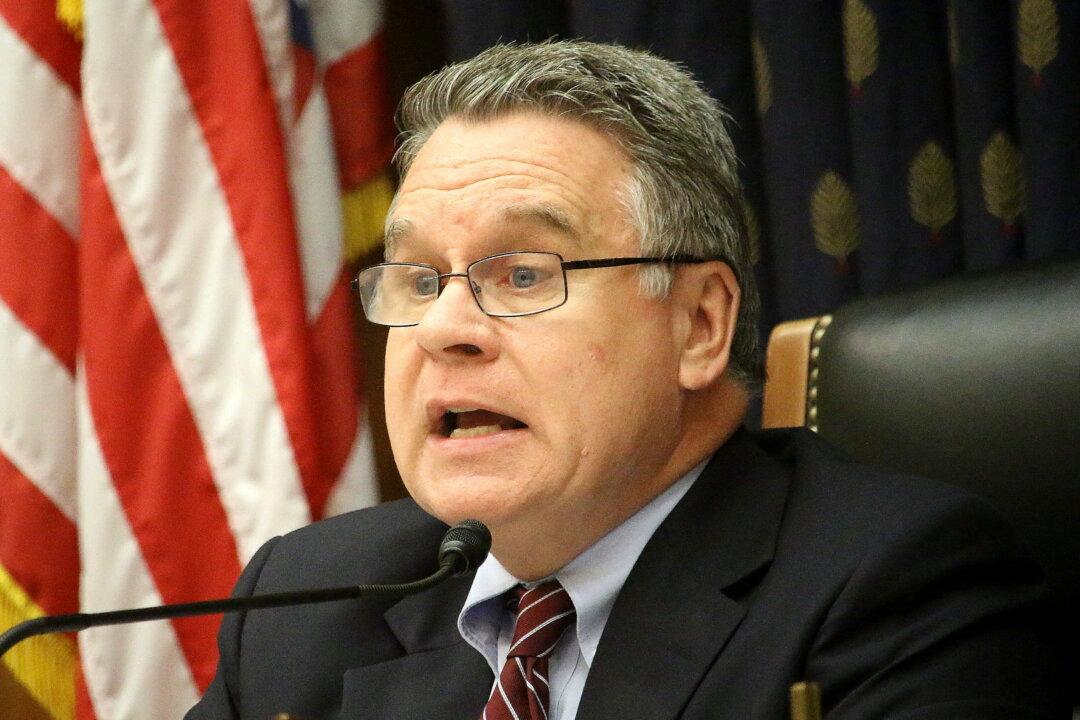WASHINGTON—U.S. Department of State officials from the Office to Monitor and Combat Trafficking in Persons (TIP Office) appeared at a congressional hearing on Nov. 3, to answer questions regarding the “2015 Trafficking in Persons (TIP) Report“ that was published on July 27.
“We are holding this hearing today due to the well-founded concern that some of the rankings in the most recent report are grossly inaccurate and greatly undermine the credibility of the Report,” said Chris Smith (R-N.J.), chairman of the House Subcommittee on Africa, Global Health, Global Human Rights, and International Organizations.
The State Department witnesses were undoubtedly expecting tough questions. A Reuter’s investigative report, published on August 3, titled, “Special Report: State Department watered down human trafficking report,” set the scene for this hearing. It referred to anonymous State Department sources, who told Reuters that “senior American diplomats” pressured TIP Office “into inflating assessments of 14 strategically important countries.” It was mentioned by the members of the subcommittee several times and once a member quoted from it directly.
The Reuters investigation found that local embassies and other constituencies within the State Department rejected the recommendations determined by the TIP Office specialists of 17 countries. The TIP Office was able to keep its ratings of only three of those countries, meaning that 14 countries rankings were inflated against the advice of human trafficking experts. Normally, the diplomatic sections of the State Department win less than half of what are called “disputes” on the rankings, according to the article, and so this year’s degree of intervention in the rankings was unusual.
From the title of the hearing— “Demanding Accountability: Evaluating the 2015 Trafficking in Persons Report”—it was clear that the hearing would be seeking answers about the report’s decision-making. Yet, there was little the federal bureaucrats representing the TIP Office could say in the way of justifying some country upgrades when the decisions were made at multiple levels above them.
TIP Office Principal Deputy Director Dr. Kari Johnstone said at the hearing, “We don’t discuss the internal deliberations and recommendations of the different parts of the State Department.” Johnstone also said more than once that ultimately, the final decision with respect to country ratings is made by the secretary of state.
Rep. Brad Sherman (D-Calif.) doggedly tried to get Dr. Johnstone to answer whether the Reuter’s account was true or not, but she wouldn’t answer the question directly.





